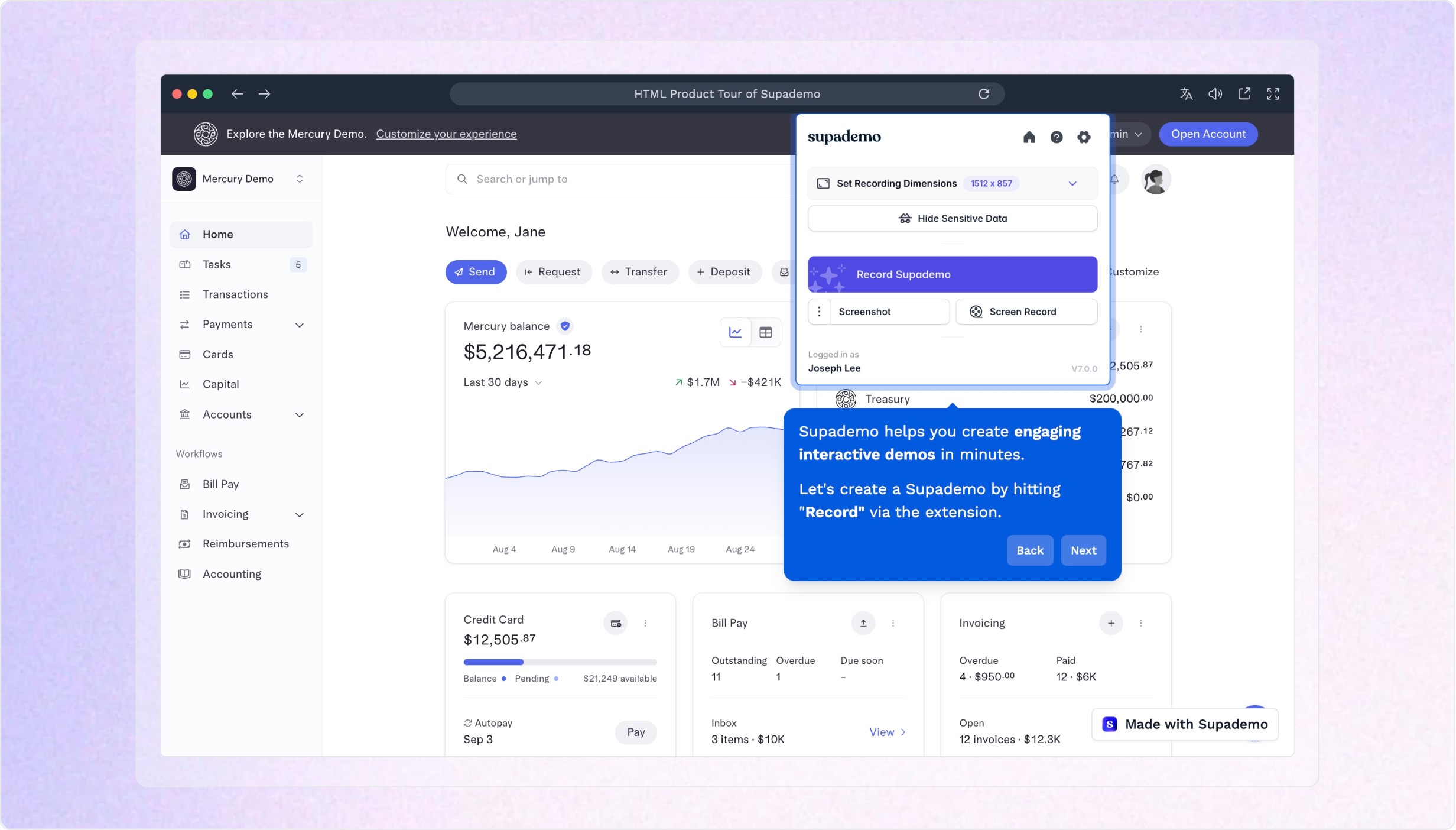How My Demo App Makes $200K/Month
Who are you and what business did you start?
I’m Joseph Lee, the co-founder and CEO of Supademo.
Supademo is an AI-powered demo platform that makes it effortless for anyone to create interactive product demos that convert.

Koushik and Joe
Our customers are a mix of founders, marketers, sales teams, and customer success pros at companies of all sizes, from scrappy startups to enterprises like Siemens, Pokémon, and Lightspeed.
What makes Supademo special is how fast and magical it feels: in seconds, you can capture any workflow, turn it into an interactive, branded, shareable experience, and even generate localized versions, voiceovers, demo data, and analytics: all powered by AI.
 Sorry, you need to login and/or become a member to view the rest of this content.
Sorry, you need to login and/or become a member to view the rest of this content.










